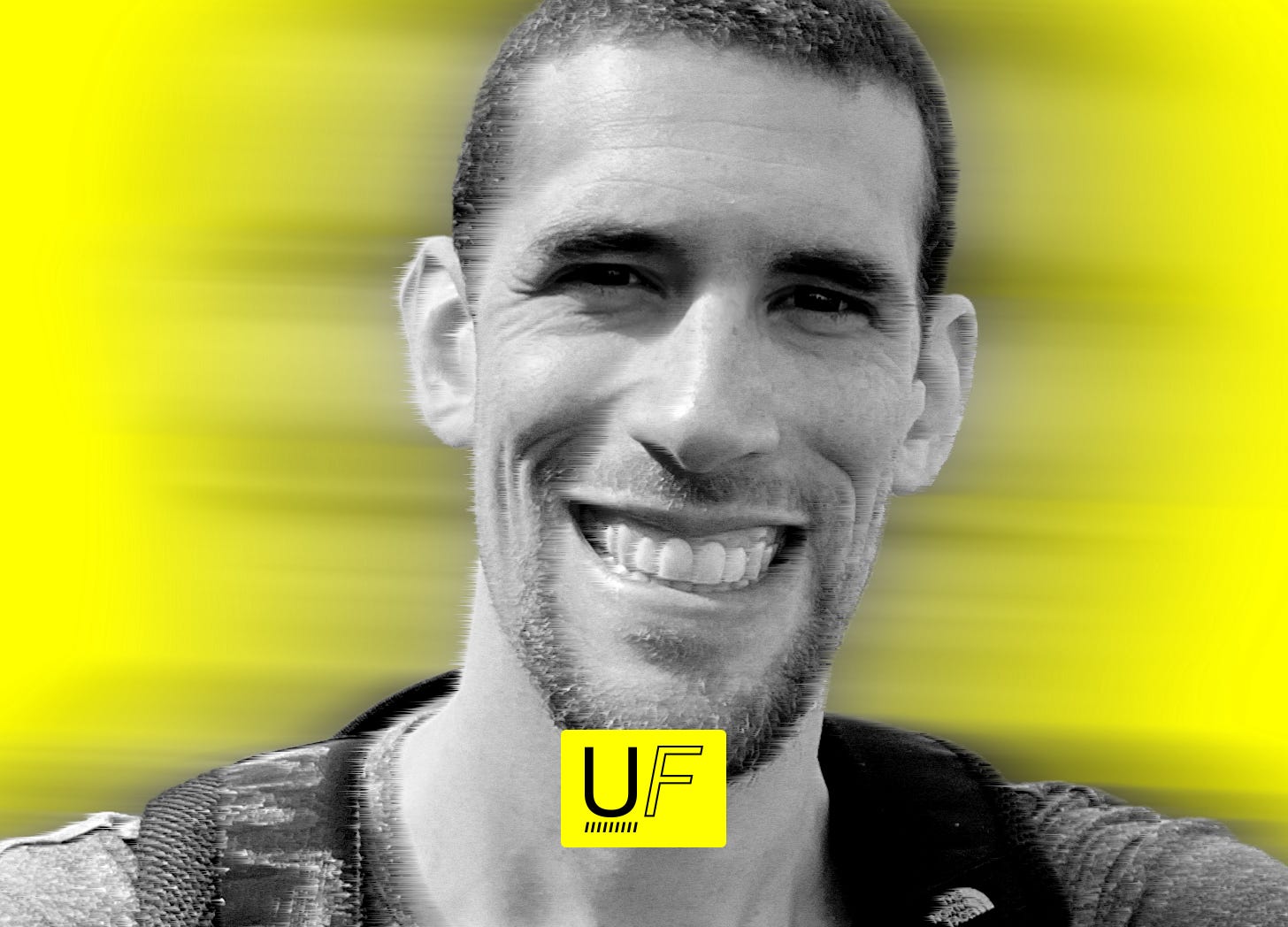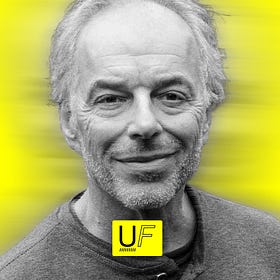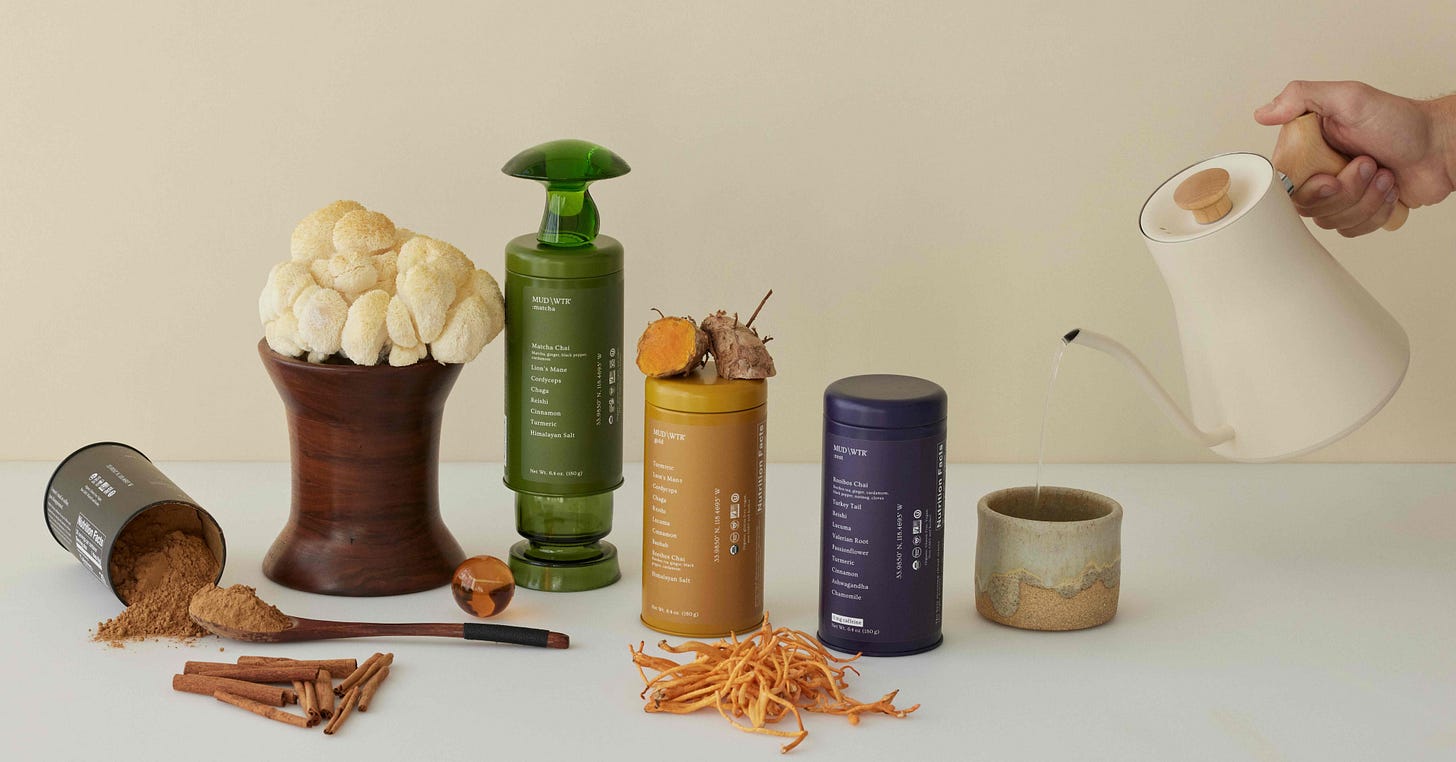Welcome to the Urgent Futures podcast, the show that finds {signals} in the noise. Each week, I sit down with leading thinkers whose research, concepts, and questions clarify the chaos, from culture to the cosmos.
👉 Never miss an episode! 👉 Subscribe to Urgent Futures now: Youtube | Apple Podcasts | Spotify.
And if you’re loving the show, please share it with a friend who you think would as well!
My guest this week is Colin Raymond.
Dr. Colin Raymond is a research scientist at the University of California, Los Angeles. His work centers on understanding the intricate interactions of weather, geography, and human systems that drive extreme humid heat and its impacts, now and in the future. He draws upon a variety of approaches, from direct observations and climate models to storyline development, in the service of producing and communicating accessible and actionable climate information.
As many of you know by now, I’m currently working on a book manuscript called How to Survive the 21st Century. Modest, I know. It’s a journalistic effort, in which I draw from the insights of experts in various fields to sketch the major crises we face today and what more effective responses to them might be. I’ve been fortunate to speak with many experts whose ideas I’ve already included in the book, but as I set out to work on my “Heat, Humidity, and Fire” chapter, I realized I’d never actually had a guest on who could speak to the issue of wet-bulb temperatures—the temperatures at which it is hot enough to cause the human body heat stress and humid enough to prevent it from cooling off through sweat. Without getting into spoiler territory, a wet-bulb event plays a key role in Kim Stanley Robinson’s superb Ministry for the Future—by the way, if you haven’t read that book yet, take this as your sign to jump it to the top of your list.
Given how much of a threat wet-bulb temperatures already pose—and the fact that their likelihood is unfortunately going to intensify, alongside degradation of the infrastructure that would mitigate the harms they produce—I knew I needed to address this immediately. Which is why I was so excited to discover Colin’s work.
Not only is he deeply knowledgeable about the topic of wet-bulb temperatures, and guides us through the risks they pose to us—but he also has expertise in the broader arena of climate extremes. Here are some titles of recent papers he’s authored and co-authored: “Do summertime atmospheric rivers meaningfully promote humid heat?” “How might extreme climate events be connected, and why does it matter?” and “How are key compound risks changing in a warming and moistening world?” He’s also facilitated workshops that seek to surface collective insights about these existential risks.
Many scientists are content to stay in their narrow line—and there’s nothing wrong with that—but it takes a really special mind to take this transdisciplinary approach to their work. And that comes through in this conversation—so I’m going to get out of your way and let you hear it directly from Dr. Colin Raymond.
Another episode you might like:
Carl Safina: How Plato Created Hell | #44
Welcome to the Urgent Futures podcast, the show that finds {signals} in the noise. Each week, I sit down with leading thinkers whose research, concepts, and questions clarify the chaos, from culture to the cosmos.
Support Reality Studies
NOTE: Thank you for supporting my work by purchasing these products through the links provided. I will only ever share products I actually believe in.
In case you haven’t noticed, it’s time to take your digital hygiene seriously. There are a few super simple, effective things you can do to up your digital self-defense considerably, and the first is to get a VPN. ProtonVPN is the gold standard, with fast service and a commitment to transparency. I promise you: once you realize how easy it is to use your VPN, you’ll be kicking yourself that you didn’t start sooner. Click here to get 55% off VPN Plus ($4.49/mo).
1Password: Password managers may not make for the most riveting dinner party conversation, but listen: 1) They make your life so much easier—it’s called “1Password” because once you get set up it’s the only password you’ll ever need to remember again. 2) They make your online life so much safer, ensuring that you use unique passwords for every account, stored with a high degree of encryption. 3) They are not nearly as complicated to set up as you think they are! Head over to 1Password using this link for a free trial, and individual plans for less than $3/mo after that.
ZBiotics: Right now, get 10% off ZBiotics. Just head over to zbiotics.com and use code JESSEDAMIANI. If you have an evening with drinking and a morning you need to feel fresh, these are a great help. Genetically engineered by a team of PhD microbiologists, ZBiotics is a probiotic drink that breaks down the byproduct of alcohol responsible for rough mornings after drinking (acetaldehyde).
MUD\WTR: Right now, save $20 on starter packs using this link. There’s four different blends to choose from, but my current favorite is :rest. “This is our protest to hustle culture,” they say, and that resonates with me. Not only does it actually help me ramp down to sleep, but since I froth a little milk and make a latte with it, I get the warm cozy feeling of morning coffee at night. (For the evening tea drinkers out there: I’m not saying it’s better, just different!)
Mission Farms CBD: Right now, get 25% off your first order using this link to sign up for emails. Mission Farms CBD crafts full-spectrum CBD products for specific conditions like sleep, stress, and discomfort, using a combination of CBD and terpenes found in essential oils. I swear by this stuff. All of Mission Farms’s CBD comes from a small farm in Bend, Oregon. They farm the hemp organically, tend every plant by hand, and test for purity four times: the soil, the hemp, the hemp-extract, and the final products. This CBD is designed for wellness and it shows.
CREDITS: This podcast is edited and produced by Adam Labrie and me, Jesse Damiani. Adam Labrie also directed, shot, and edited the video version of the podcast, which is available on YouTube. The podcast is presented by Reality Studies. If you appreciate the work I’m doing, please subscribe and share it with someone you think would enjoy it.
Find more episodes of Urgent Futures at: youtube.com/@UrgentFutures. Past conversations include Taylor Lorenz, Lisa Messeri, Legacy Russell, William E. Rees, Renée DiResta, and more. Here is another recent episode with journalist Jacob Ward:


















